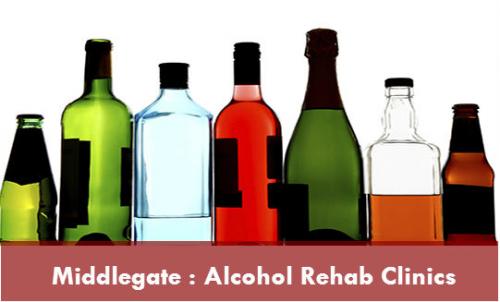Three Statements You Shouldn’t Make to an Alcoholic

Alcoholics are emotionally fragile human beings. Saying the wrong thing could send them into a spiral of self-destruction. This is why you have to interact with them in the right place. With the help of this article, we hope you will learn about some of the things you should never say to an alcoholic. In the meantime, tread carefully and keep encouraging the alcoholic in your life to seek help from alcohol rehab clinics.
1. You’re Boring When You’re Sober
This statement tends to come from someone who does not understand why the alcoholic has concerns over their drinking. It normally comes when the person has already left drug rehab clinics and they are trying to clean up. The chances are this is a drinking friend.
It is a hurtful thing to say because it implies the alcoholic is only interesting when they have had a drink. You need to make it clear that the person has more to them than how much they can drink.
Even if the person were struggling to adjust, they would be far more boring if they were dead. Think before you blink!
2. Why Don’t You Drink Less?
A question like this tends to come from the direction of someone who has heard about how you are struggling to deal with alcohol. This is usually someone who does not understand an addiction or how it works. They fail to realise that an alcoholic cannot simply reduce the amount they are drinking. A normal person would switch off when they have had enough. An alcoholic does not have this sort of off switch. When they start drinking, they don’t stop until bedtime.
Encouraging someone to drink less instead of not at all is cruel and it is only putting him or her in harm’s way again.
3. Why Do You Still Attend Alcohol Meetings?
Questions in a similar vein to this usually appear following aftercare. You are out of rehab and you are attempting to lead a normal life. Yet people around you will continue to question why you still attend meetings and interact with the recovery community. This is something no former alcoholic should have to justify. Even years later, many alcoholics continue to play a part in this community.
The reason for this is even years later an alcoholic will continue to get cravings. Recovery is something that can last for a lifetime. Even someone who stopped drinking a decade previously could experience cravings. Furthermore, many alcoholics remain within the recovery community because of a general desire to help others.
In a lot of ways, continuing to make alcohol recovery a priority years later can be the deciding factor on whether someone relapses or not.
In conclusion, whenever you question a former alcoholic about alcoholism, think about the potential implications of asking the question. Mull over every question and consider whether it could upset them. You do not want to compromise someone’s recovery because you have made an insensitive comment. Remember, an alcoholic is emotionally fragile and even the slightest bit of negativity can put them in a world of pain.
Middlegate understands everything there is to know about alcohol rehab clinics. They believe drug rehab clinics are the best places for alcoholics to reassess their lives.
1. You’re Boring When You’re Sober
This statement tends to come from someone who does not understand why the alcoholic has concerns over their drinking. It normally comes when the person has already left drug rehab clinics and they are trying to clean up. The chances are this is a drinking friend.
It is a hurtful thing to say because it implies the alcoholic is only interesting when they have had a drink. You need to make it clear that the person has more to them than how much they can drink.
Even if the person were struggling to adjust, they would be far more boring if they were dead. Think before you blink!
2. Why Don’t You Drink Less?
A question like this tends to come from the direction of someone who has heard about how you are struggling to deal with alcohol. This is usually someone who does not understand an addiction or how it works. They fail to realise that an alcoholic cannot simply reduce the amount they are drinking. A normal person would switch off when they have had enough. An alcoholic does not have this sort of off switch. When they start drinking, they don’t stop until bedtime.
Encouraging someone to drink less instead of not at all is cruel and it is only putting him or her in harm’s way again.
3. Why Do You Still Attend Alcohol Meetings?
Questions in a similar vein to this usually appear following aftercare. You are out of rehab and you are attempting to lead a normal life. Yet people around you will continue to question why you still attend meetings and interact with the recovery community. This is something no former alcoholic should have to justify. Even years later, many alcoholics continue to play a part in this community.
The reason for this is even years later an alcoholic will continue to get cravings. Recovery is something that can last for a lifetime. Even someone who stopped drinking a decade previously could experience cravings. Furthermore, many alcoholics remain within the recovery community because of a general desire to help others.
In a lot of ways, continuing to make alcohol recovery a priority years later can be the deciding factor on whether someone relapses or not.
In conclusion, whenever you question a former alcoholic about alcoholism, think about the potential implications of asking the question. Mull over every question and consider whether it could upset them. You do not want to compromise someone’s recovery because you have made an insensitive comment. Remember, an alcoholic is emotionally fragile and even the slightest bit of negativity can put them in a world of pain.
Middlegate understands everything there is to know about alcohol rehab clinics. They believe drug rehab clinics are the best places for alcoholics to reassess their lives.


Comments